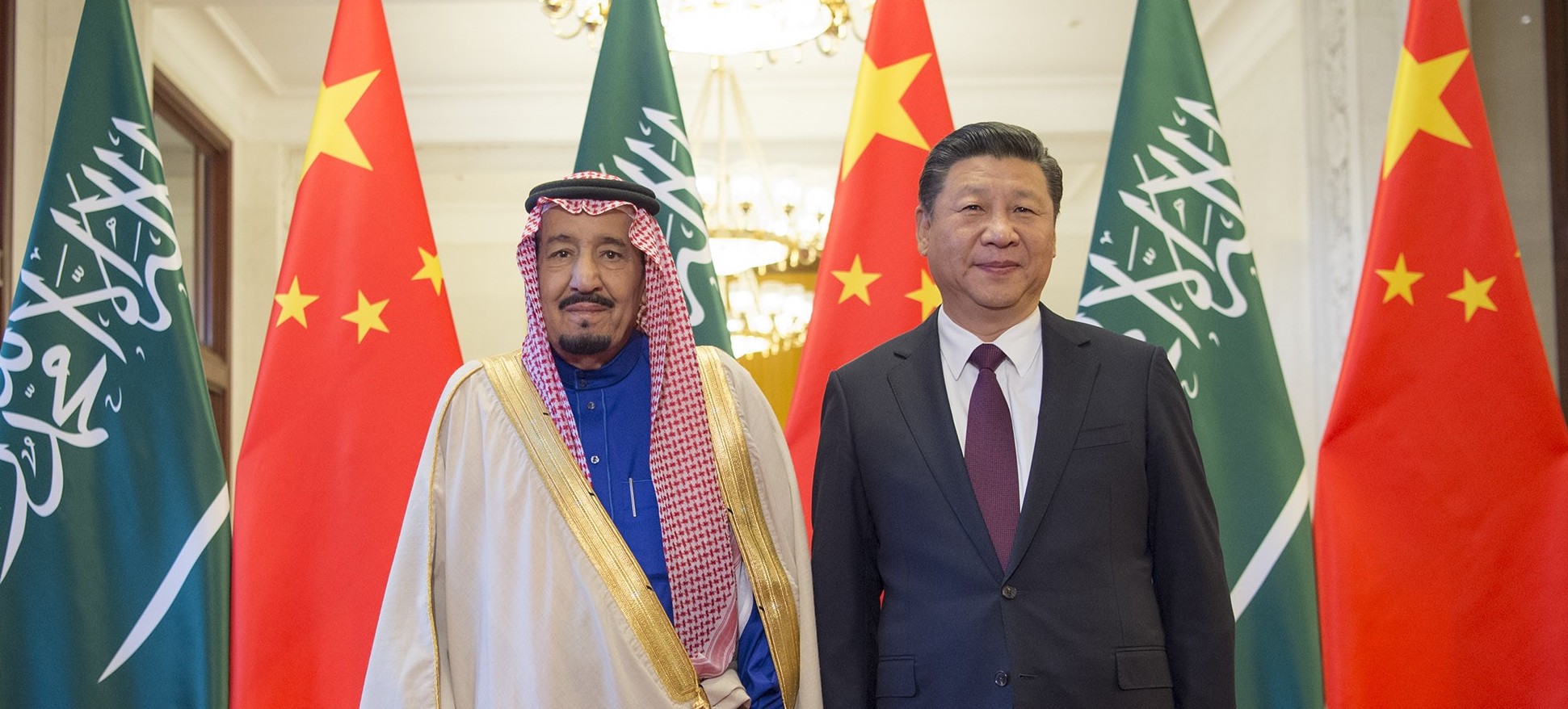Yesterday the Wall Street Journal reported that the Chinese were courting the Saudis with the intention of buying their oil with Chinese renminbi. This is a hugely significant moment.
Today around 80% of oil contracts are transacted in dollars. This has given rise to a phenomenon called ‘petrodollars’, which are dollars bought to engage in oil trade and act as a sort of backstop on the value of the American currency. The US dollar does not get all its value from petrodollars — it is also propped up by Chinese purchases of treasury bonds and global purchases of US stocks — but petrodollars are seen as a buyer of last resort.
If the Chinese manage to convince the Saudis to sell them oil in renminbi, then, if we also include Russia, countries that produce nearly 30% of global oil contracts will be open to renminbi contracts. If we include Iran and Iraq that number rises to just over 38%. Smaller oil producers will likely follow suit.
Why are the Saudis open to this? Some of it is economic: they want to build ties with the Chinese economy. But some of it is due to longstanding cracks in the US-Saudi alliance. In recent years the Saudis have been alienated by the US’s reluctance to back them in the brutal Saudi-Yemini war and by the Iran nuclear deal. The Western reaction to the killing of the journalist Jamal Khashoggi also enraged key players in the Saudi establishment, and was probably the final nail in the coffin of a special relationship between the US and Saudi Arabia that stretches back to the Nixon administration.
Following the events of the past two weeks, this latest news seems to be part of emerging pattern. It is likely that the Chinese and the Russians have put together a concerted plan to carve out a sphere of global influence that challenges Western hegemony. The invasion of Ukraine may have just been a trigger to set the plan in motion.
The news out of Saudi Arabia is evidence that the Russians and the Chinese may have calculated correctly. This should serve as a wake-up call to the West, which has been more interested in moral posturing than strategic thinking. As grotesque as the Khashoggi killing was, history will likely record the response to it as a fruitless and self-indulgent tantrum.
With Boris Johnson is travelling to Riyadh today, hopefully that is a sign that he and other Western leaders are willing to make deals with regimes that do not share our values. Given that the UK will be trying to wean itself off from Russian oil and gas over the coming years, strengthening ties with the Saudis will be even more important.











Join the discussion
Join like minded readers that support our journalism by becoming a paid subscriber
To join the discussion in the comments, become a paid subscriber.
Join like minded readers that support our journalism, read unlimited articles and enjoy other subscriber-only benefits.
Subscribe